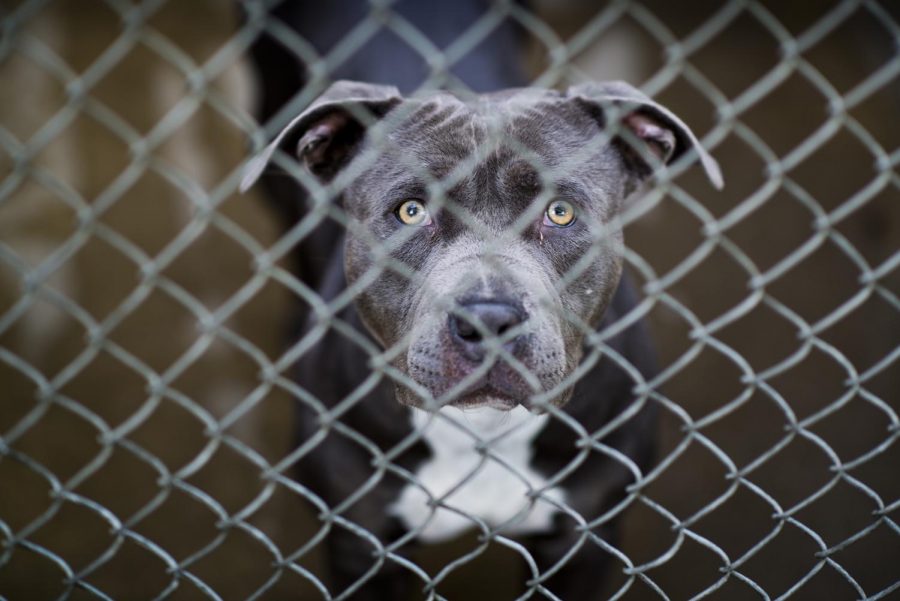Massive amounts of pets abandoned due to misinformation about COVID-19
An enormous amount of pets were abandoned when the COVID-19 virus first broke out. Unsure owners were immediately concerned about pets living with them after hearing that the virus was likely spread by an animal. The first case of COVID-19 was discovered in Wuhan, China, which is where the spread of the virus quickly became a problem for animal shelters. Abandoning a pet after it has become attached to its owner is a bad idea, particularly if a person is misinformed about COVID-19.
China’s relationship with pets:
The city of Zhuhai has been the second Chinese city to restrict the eating of dog and cat meat. After seeing more than nine million dogs and three million cats slaughtered each year, many as strays or stolen pets, animal rights activists at Humane Society International are hoping to launch a chain reaction of progressive legislation across China to put an end to these toxic markets. It is well known that in Chinese culture, all types of meat, animal furs, and feathers are put to daily use. Historically, shark’s skin was used for making suits of armors and peacock tails were made into fans and brushes.
What to do if you own a pet during a pandemic:
Owners should always take their pets’ health seriously since pets do get the virus just like other human beings, just as one would treat and protect an elder, a patient, a family member, or any human who has contracted COVID-19.
While it is extremely unlikely for a pet to become critically ill after contracting COVID-19, there has been no evidence or verification that pets can transmit the virus to humans via fur or skin, according to the CDC. However, it has been verified that pets are able to catch the virus from humans.
Students at Huntington Beach High School were asked, “What would you do if pets could transfer COVID-19 to people?”
“If I could get COVID from my pet, couldn’t I give it to my pet too?” asks a freshman from HBHS, in response to the survey question. “I would just make sure to clean my pet after we go out in public [by washing] my hands,” they said.
Medical effects of COVID-19 on pets:
Fever, coughing, or difficulty breathing are symptoms that a pet may have COVID. The chances of a pet dying from the virus are low; the small number of pets that have gotten COVID-19 have fully recovered.
The start of pet abandonment:
The concern that pets might spread COVID-19 to their owners was particularly valid for households with elderly people or someone with a serious medical condition. If a person got infected and died or lost their home, they would be unable to care for their pet. For many, it felt like a choice between their pet and the people in their household. They might decide to abandon the dog or take it to an adoption center or animal shelter.
“I understand why some had to abandon their pets when the pandemic hit,” says a freshman at HBHS. “Pets are a lot of work and cost a lot of money that some people weren’t getting because of job closures caused by the lockdowns, so as long as they gave up the pet humanely, I believe it is okay that they did what they did.”
Pet adoption during the pandemic: People, not only in China but in countries around the world, are becoming more cautious when it comes to adopting a pet. The pandemic has caused a surge in pet abandonment around the world, wreaking havoc on local animal shelters and posing enormous problems such as food shortages and overcrowding in animal care centers. In a survey with 25 students, 18 owned a pet and seven did not. The survey-takers were asked if they would adopt or buy a pet if they did not have one already during the COVID pandemic. 28% of the responses said no, and the other 72% said yes.
Ways to help:
- Foster an animal
- Raise money
- Educate your friends/family
- Speak up if someone needs help finding a new home for a pet
Conclusion:
Remember that your pets’ life is important as well. No matter how hard the pandemic has been on your life, you should never stray a dog, cat, or any other animal. Leave them safely!
Your donation will support the student journalists of Huntington Beach High School. Your contribution will allow us to cover our annual website hosting costs.
Thank you for supporting our program!







